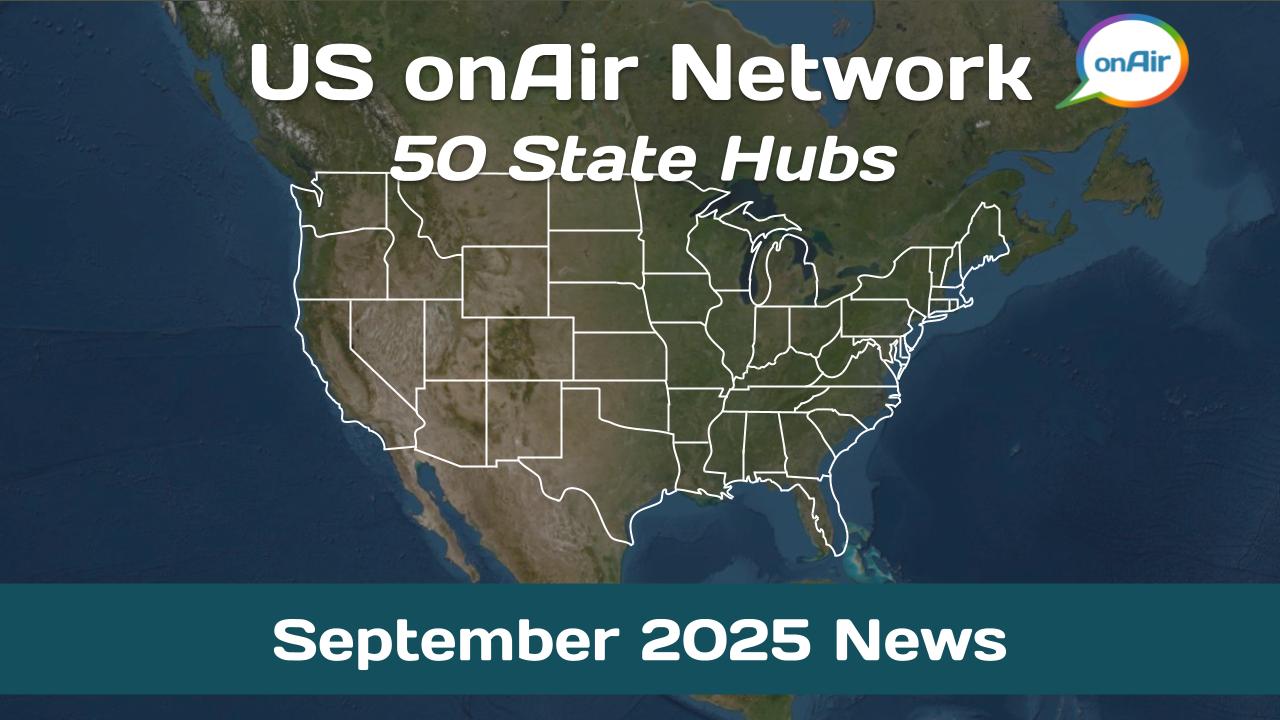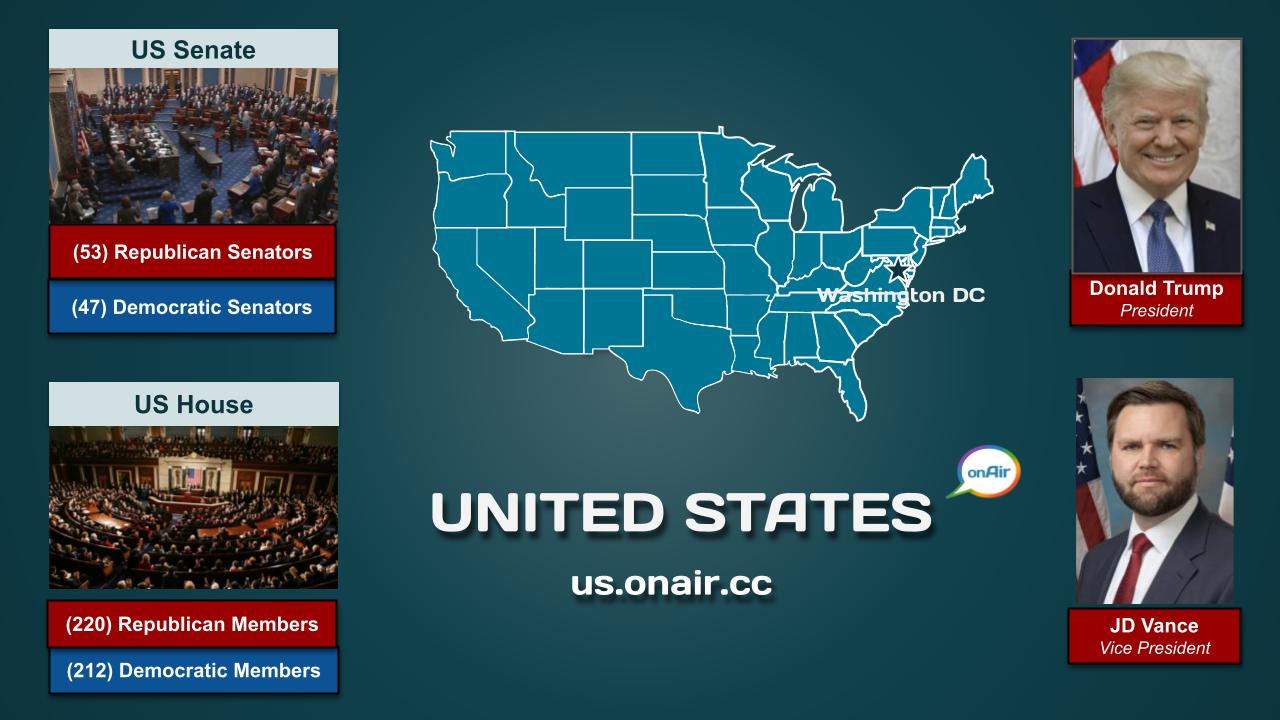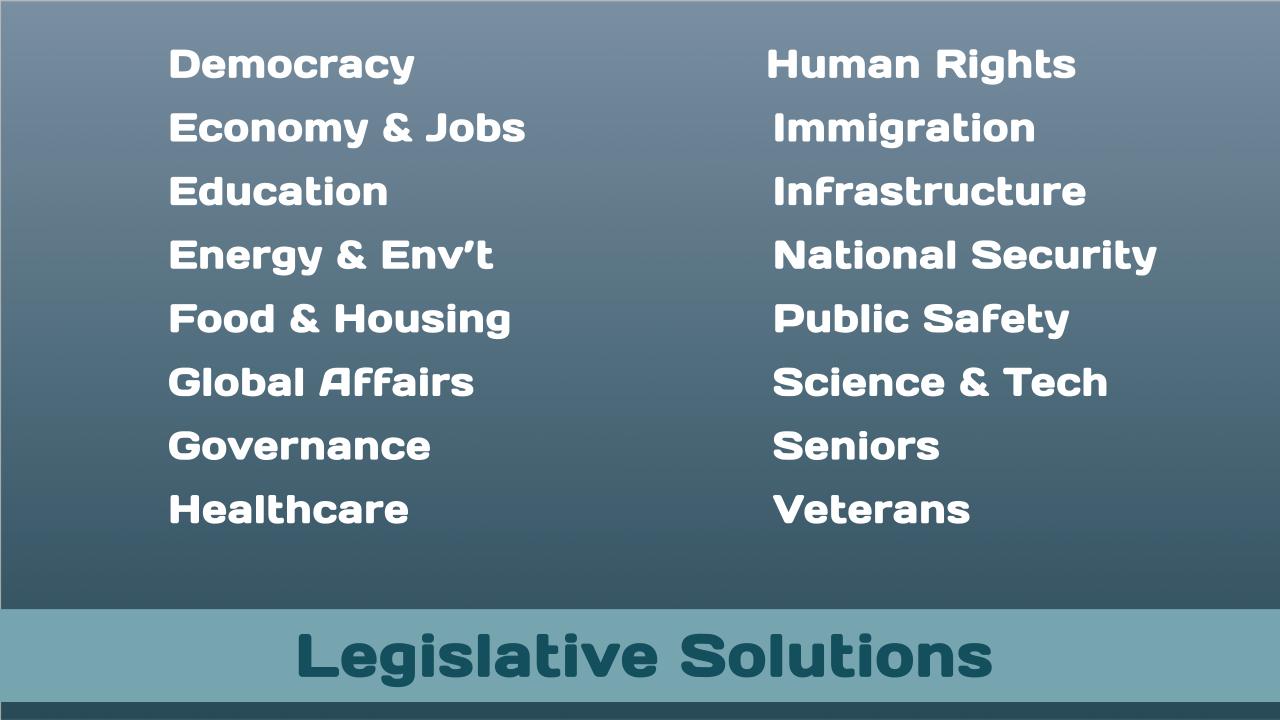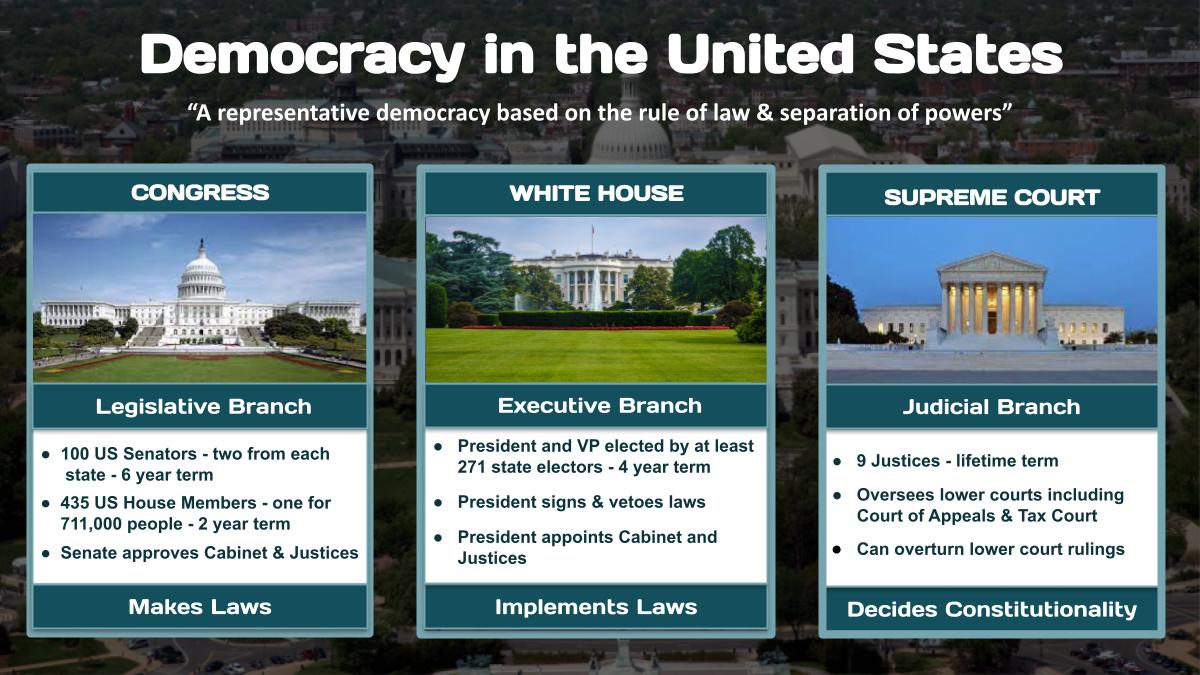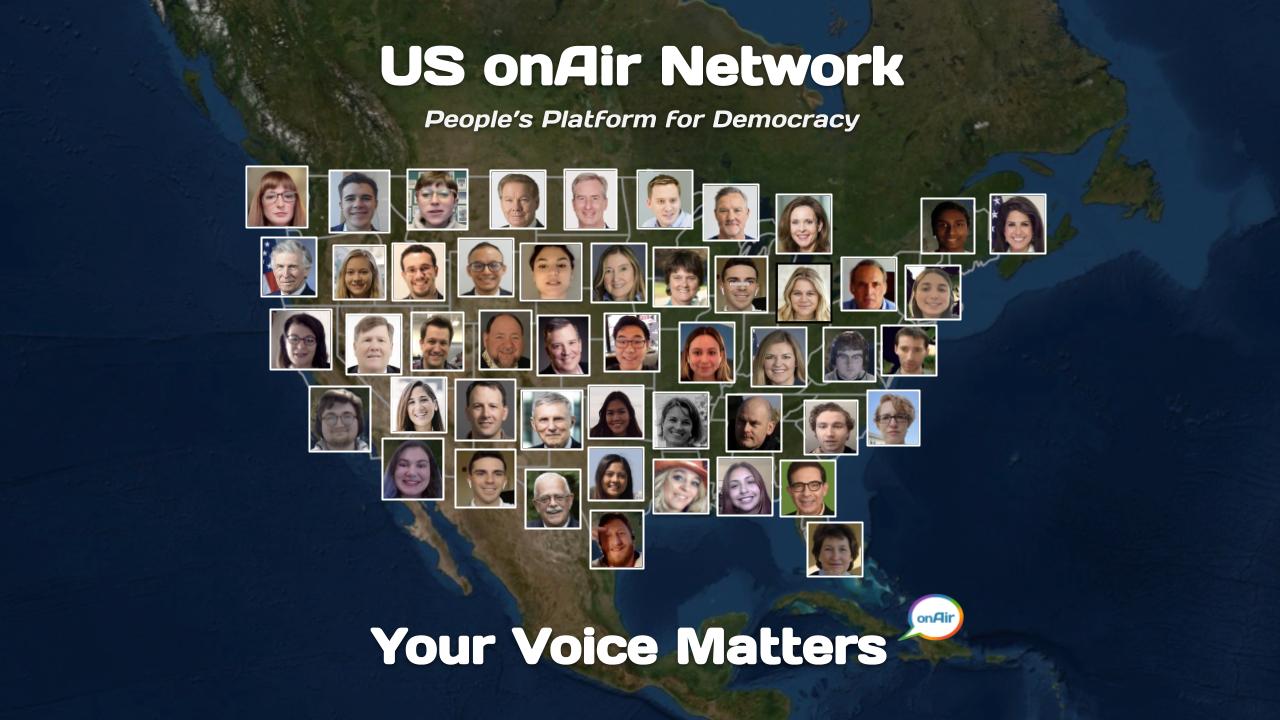The US onAir National Hub is the central hub for the US onAir Network of 50 state onAir hubs. The nonpartisan nonprofit Democracy onAir will be overseeing the soft launch of the US onAir Network this fall.
The US onAir Network supports US citizens and their democracy by bringing together information, experts, organizations, policy makers, and the public to facilitate greater engagement in federal, state, and local politics and more civil, positive discussions and collaborations on important issues and governance.
Learn. Discuss. Collaborate.
Your Voice matters – onAir!
Select the play button in the feature image or the link below to view a two minute video about the US onAir network. For a quick scan of this post’s content, select the tabs. For a page view of this post on computers, click anywhere on the feature image or this post’s title. Go to this post for more information on the network and the onAir platform.
OnAir Post: US onAir National Hub
